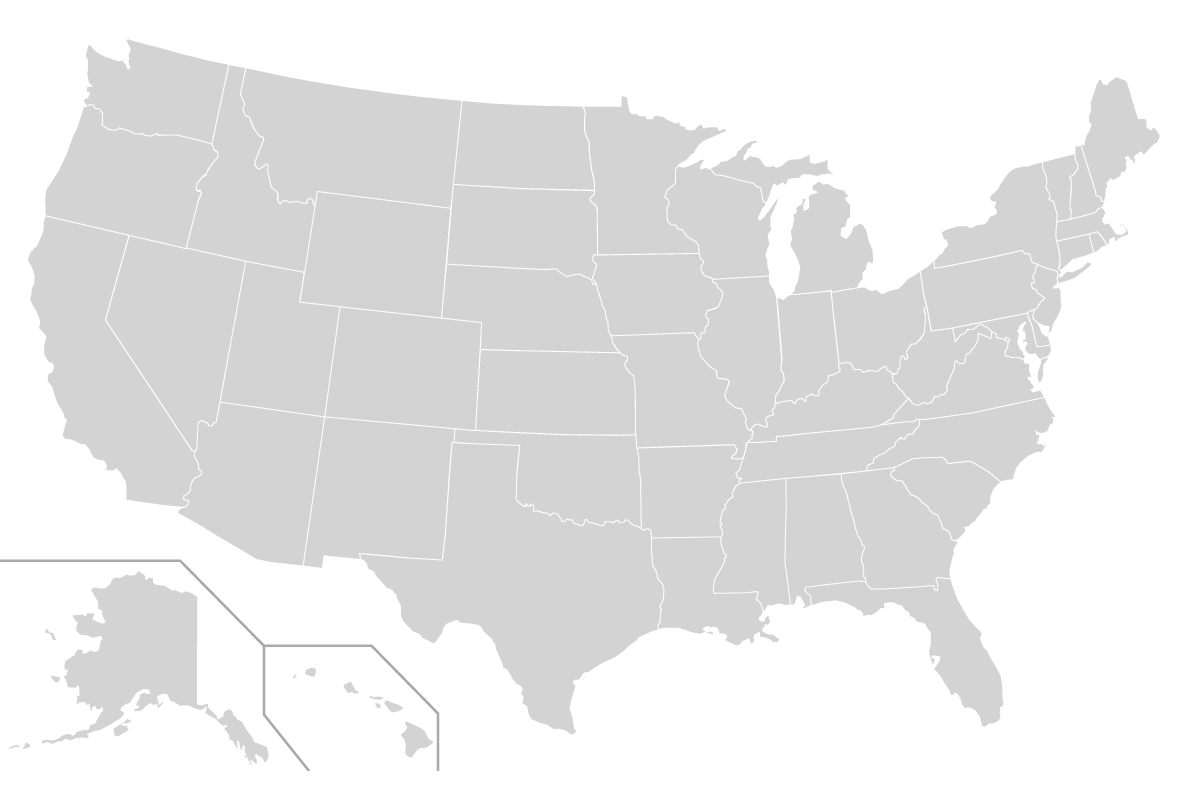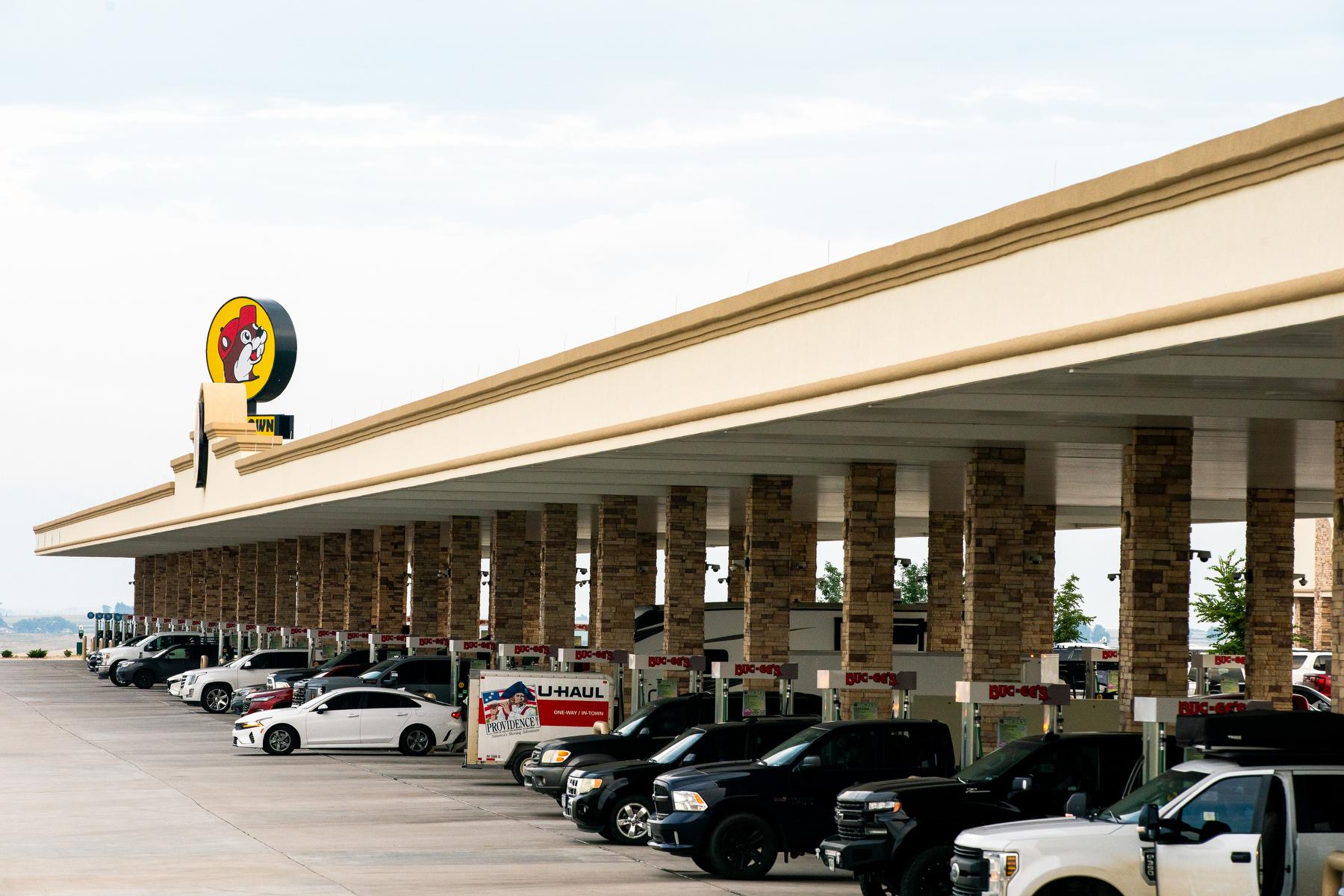
For many pot activists, 2016's election results were an affirmation -- a tipping point -- for the country’s acceptance of marijuana. For Colorado pot entrepreneurs, it’s also a great opportunity.
Four states voted to legalize recreational pot, four voted for medical. Tim Cullen, owner and operator of Colorado Harvest, a small metro area chain, feels that “marijuana had an outstanding election.” To Cullen, seeing Arkansas vote for medical marijuana was cool, but it was another state that really captured his attention.
“We’re excited about California,” which legalized recreational pot with Proposition 64. “It is a market about 10 times the size of Colorado. We look at that as, California represents 10 states that might have gone legal in past election.”

Why would a Colorado company be excited about other states? Cullen says the market here is “pretty saturated.”
Just a handful of cities allow marijuana in Colorado and all of them have strict zoning and caps on the number of businesses. Denver, viewed at the most marijuana-friendly city in the state, already has about 200 stores. That leaves some pretty subpar leftover retail locations for any business wanting to expand, Cullen points out.
He can’t ship cannabis across state lines, but he can ship his know-how and branding. Expect to see a whole class of pot consultants from Colorado, Cullen says.
Since intellectual property can cross borders, there’s a lot of excitement in the edibles corner of the pot market, where Colorado businesses have already perfected their product, from the packaging to the flavors.
Nancy Whiteman, co-owner of Wana Brands, an edibles manufacturer in Boulder County, says “brand expansion does not require us to set up facilities in other states.”
In other words, the kind of expansion that requires a lot of capital; money that normal businesses would get from a bank. Most banks can’t do business with marijuana companies, though people in the industry are optimistic on that front too. They hope federal lawmakers will fix a host of issues now that more than 90 members of Congress are from states with legal recreational pot.
- Is The U.S. 'Prohibition' On Pot About To Go Up In Smoke?
- Study: Gov't Pot Used For Research Less Potent Than What's On The Market
But Whiteman says that hasn’t stopped ambitious Colorado companies, like Wana Brands, from expanding elsewhere, even before Election Day.
“Just speaking a little self-servingly, we have existing partners in Nevada and Massachusetts and it’s going to greatly expand the markets for us,” she says.
Those states now allow recreational sales, which could quadruple their business, using Colorado’s experience as a guide. The customer base expands fast when you don’t have to get a doctor’s recommendation, and you’re open to tourists.
Many in the Colorado industry expressed optimism that President-elect Donald Trump would keep the status quo as a signal for support of state’s rights. They think the legal pot movement has finally reached a kind of point of no return.
Not so fast says John Hudak, a pot policy expert at the Brookings Institution.
“I think there’s a bit of complacency in the industry right now,” Hudak says. “This idea that we’ve entered this new normal and means there’s permanence to it.”
Trump has been inconsistent on how he feels about cannabis, but he’s reportedly picked U.S. Sen. Jeff Sessions, a Republican from Alabama, as his nominee for Attorney General. Sessions has been staunchly anti-pot, but it’s not clear whether he would place additional restrictions on the industry.
Hudak says “that’s the biggest open question right now, facing the industry.”
Marijuana is still against federal law. The current legal cover for states with legal recreational pot, Hudak says, is a memorandum of guidance from President Obama’s Justice Department, which could be upended overnight.
“There’s nothing stopping a new Attorney General from doing that, and I think while it may not shut the entire system down overnight, it would certainly cause headaches for the industry.”
But that’s a buzz kill. For now, pot entrepreneurs hope that their biggest headache will be finding good partners in other states to expand their business.









